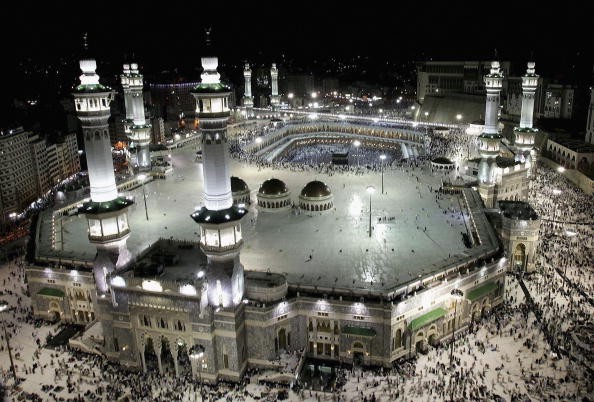
Millions of people will make the annual great pilgrimage to Mecca in Saudi Arabia that is known as the Hajj. Saudi Arabia's minister of health, Khaled al-Falih, has said that the recent surge in cases of the highly infectious Middle East Respiratory Syndrome (MERS) has ebbed and that the number of cases is down from last month.
"With the help of God and then with the measures taken by the ministry of health we hope to prevent the virus from getting to the pilgrims," said Falih in a news conference.
The Hajj is an annual pilgrimage to Mecca that must be carried out at least once in their lives by observant Muslims who are physically and financially capable of the journey. It is one of the five pillars of Islam. Pilgrims will be pouring into Mecca from around the world. It is thought to be the largest annual gathering of people in the world. Already, around 1.2 million Muslims have arrived in the country for Hajj, which starts on Sept. 22.
Saudi Arabia has mobilized 25,000 medical staff from different cities in the country to Mecca to be on hand for the Hajj season. Most medical staffers in hospitals and medical centers around Mecca have covered their noses and mouths with masks. Policemen directing traffic and army personnel are doing the same.
As part of the efforts to prevent the spread of MERS during Hajj, Saudi Arabia has banned the slaughter of camels around Mecca and Medina during the pilgrimage. Camels are known to carry the virus and are the most likely source of primary infections of people.
Seven people in the city of Medina who have been infected by MERS have been moved to Riyadh as a precaution to avoid any spread of the disease near the pilgrimage sites, Falih said.
"The spread has begun to shrink and we are optimistic the days of spreading are gone and are behind us," said Falih.



